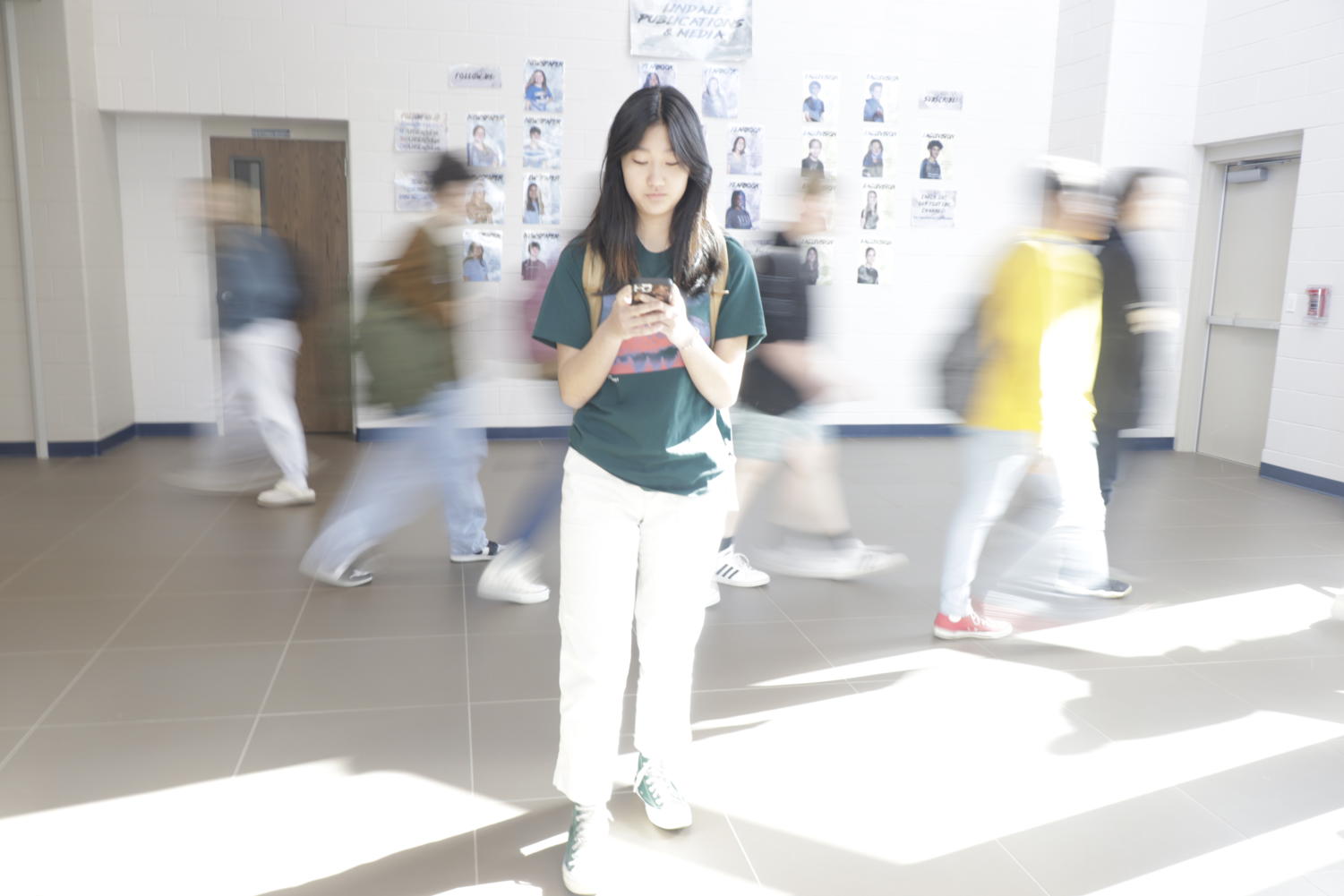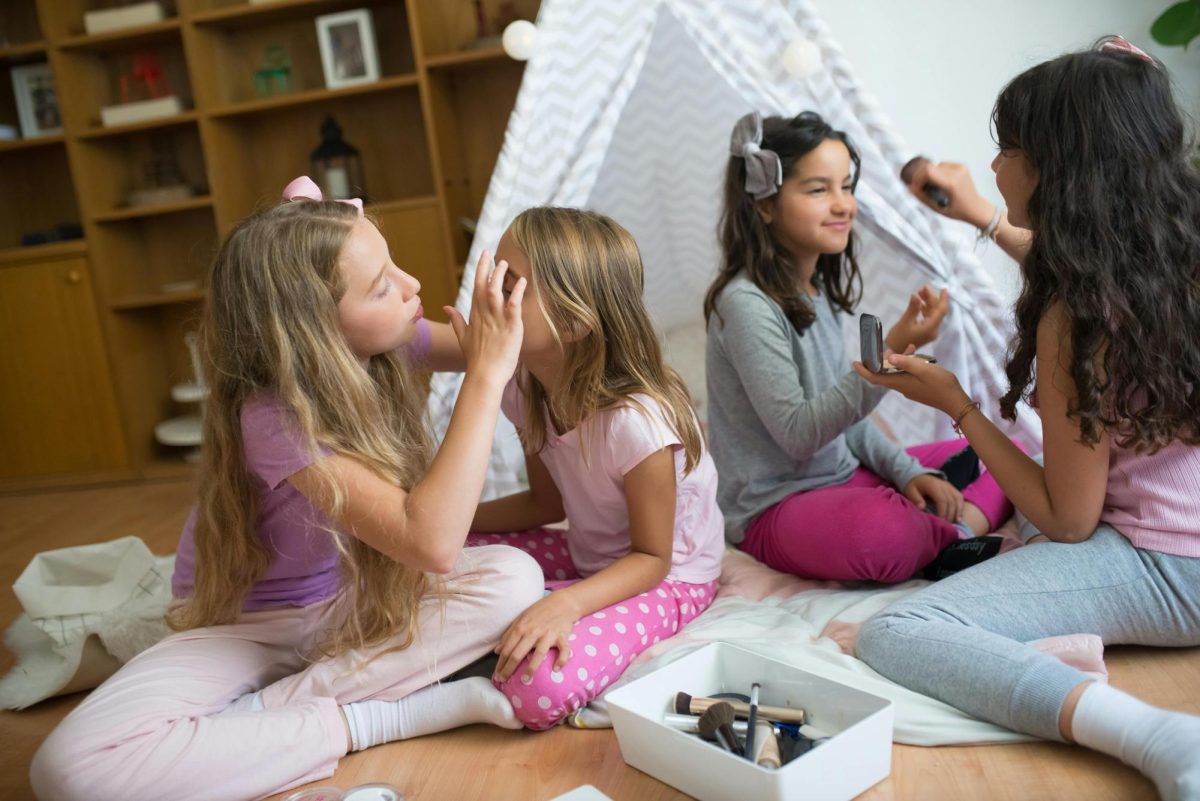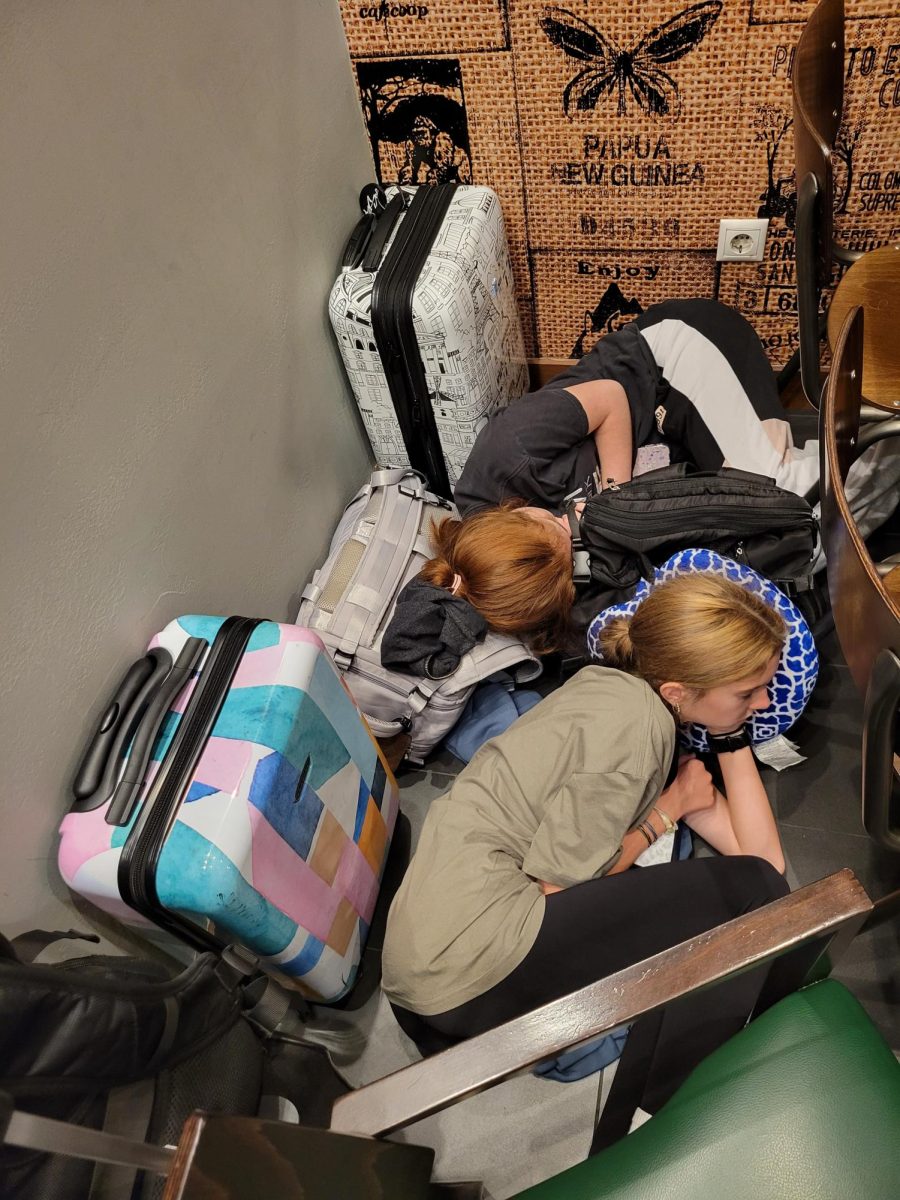Beep! Beep! Beep! My phone alarm goes off in the morning as it usually does. I roll over, turn it off, and mindlessly scroll through the notifications that I received throughout the night. I check Instagram and Snapchat stories and maybe even watch some TikToks. Even though I can’t really comprehend anything I am reading or watching, it’s a reflex to want to be updated on everyone’s lives at all times. This seems like such a harmless routine that many of us would have, but it often comes with detrimental consequences.
Based on a survey done by Victoria Rideout, M.A., and Michael Robb, Ph.D, in “The Common Sense Census,” the average screen time for Gen-Z is more than seven hours per day. Now you may be wondering: What do we do on our phones that make us spend almost half a day on them? Well for one, social media is addicting. According to Dan Kaufer, MD, “Ninety-three percent of people sleep with their devices within arm’s reach.” Right from the moment we open our eyes, we check our phones. This is because when we look at our phones and see notifications, the neurotransmitter dopamine is released. Even though it’s technically not possible to be addicted to dopamine, it is possible to get addicted to an activity that increases dopamine, such as checking your phone. In addition to this pleasurable feeling, some may scroll mindlessly through social media as a coping mechanism against bad feelings. It’s a distraction from feelings like anxiety and depression, and this perceived break becomes an addiction.
Breaking from the addiction is difficult, and this is due to the fear of missing out, referred to as “FOMO.” Most teens want to keep up with what is trendy and current events, and social media is the quickest and most efficient way of figuring this out. FOMO leads to an obsession to constantly be “in the loop” and connected with other individuals’ lives. We are only shown the highlight of other people’s lives, so it may leave us feeling even more left out of their social experience. When we feel the need to constantly be updated on everyone’s likes on social media, unreal expectations are set. We compare ourselves to other people who are seemingly perfect. When people only look at the highlights of others, they may begin to have low self-esteem or even compare themselves to others.
In the summer of 2021, I made the decision to temporarily delete social media. I deactivated my Instagram and deleted Snapchat and TikTok. I wanted to know how it felt to not compare my summer to anyone else’s. I will admit, I did feel isolated at first. I just remember how it felt to wake up and look at my phone just to set it back down after being bored with it. One thing that was the most memorable though was checking the decrease in my screen time. Previously, I was averaging around eight to nine hours during the summer days. When I checked it after I deleted social media, it was around two to three hours. To distract myself from my phone, I began to spend more time with my family, started up old hobbies I once loved such as reading, and overall had more time to be productive. That summer, I felt the most left out online, but I became more present in real life. Although I have social media again, I now limit my use and try not to prioritize it over my responsibilities or my family.
Social media is addicting, and once you start, it’s hard to stop. It is important to set boundaries and practice being away from social media. I think everyone, not just Gen-Z, could benefit from deleting social media for at least a short period of time to break the chain of addiction to our phones.

























